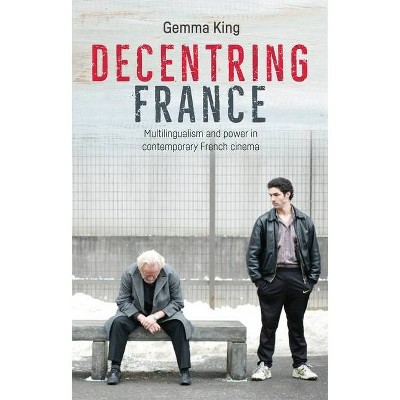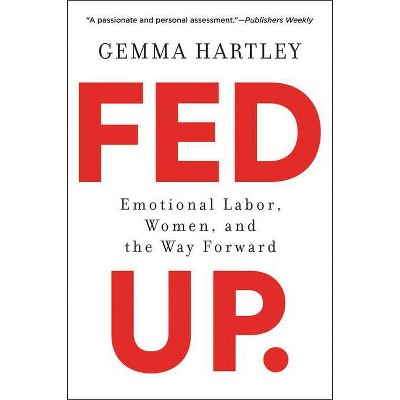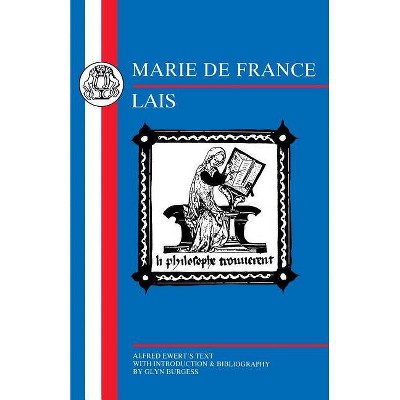Decentring France - by Gemma King (Paperback)

Similar Products
Products of same category from the store
AllProduct info
<p/><br></br><p><b> About the Book </b></p></br></br>The first substantial study of multilingual film in France. Unpacking the power dynamics at play in the dialogue of eight emblematic films, this book argues that many contemporary French films take a new approach to language and power.<p/><br></br><p><b> Book Synopsis </b></p></br></br><p> </p><p>In a world defined by the flow of people, goods and cultures, many contemporary French films explore the multicultural nature of today's France, portraying multilingualism in novel and empowering ways. In such films, the status of a wide range of languages is evolving from trivialised to central; through strategic language use, characters wrest power from one another and wield it in innovative ways. From rival lingua francas such as English to socio-politically marginalised languages such as Arabic or Kurdish, these characters exploit their knowledge of multiple languages and offer counter-perspectives to dominant ideologies of the role of linguistic diversity in society.<br /> <br /> <em>Decentring France: multilingualism and power in contemporary French cinema</em> is the first substantial study of multilingual film in France. Unpacking the power dynamics at play in the multilingual dialogue of eight emblematic films, it proposes non-binary frameworks for examining language difference in cinema. It reveals how strategic language use can be a tool for exerting social power in many twenty-first-century films, from Jacques Audiard's <em>Un prophète </em>to Xavier Beauvois' <em>Des hommes et des dieux</em>. Bridging the fields of film studies and French cultural studies, this book argues that many contemporary French films take a new approach to language and power, showing how even the most historically maligned languages can empower their speakers. Through studies on social power combined with close film analysis, <em>Decentring France</em> offers a unique insight to academics and students alike, into the place of language and power in French cinema today.</p><p/><br></br><p><b> From the Back Cover </b></p></br></br>In a world defined by the flow of people, goods and cultures, many contemporary French films explore the multicultural nature of today's France, portraying multilingualism in novel and empowering ways. In such films, the status of a wide range of languages is evolving from trivialised to central; through strategic language use, characters wrest power from one another and wield it in innovative ways. From rival lingua francas such as English to socio-politically marginalised languages such as Arabic or Kurdish, these characters exploit their knowledge of multiple languages and offer counter-perspectives to dominant ideologies of the role of linguistic diversity in society. <i>Decentring France: multilingualism and power in contemporary French cinema</i> is the first substantial study of multilingual film in France. Unpacking the power dynamics at play in the multilingual dialogue of eight emblematic films, it proposes non-binary frameworks for examining language difference in cinema. It reveals how strategic language use can be a tool for exerting social power in many twenty-first-century films, from Jacques Audiard's <i>Un prophète </i>to Xavier Beauvois' <i>Des hommes et des dieux</i>. Bridging the fields of film studies and French cultural studies, this book argues that many contemporary French films take a new approach to language and power, showing how even the most historically maligned languages can empower their speakers. Through studies on social power combined with close film analysis, <i>Decentring France</i> offers a unique insight to academics and students alike, into the place of language and power in French cinema today.<p/><br></br><p><b> Review Quotes </b></p></br></br><br>'Starting off with a brief overview of French cinema from the silent period to the present, King then focuses on eight films that are both multicultural and multilingual, and examines how the use of Kurdish, Tamil, Arabic and other languages within these films empowers the cultures they represent as well as the languages themselves. King argues that by refusing to "center" the French language in contemporary French cinema, these films - among them Jacques Audiard's <i>Dheepan</i> (2015) and <i>Un prophète</i> (2009), Laurent Cantet's <i>Entre les murs</i> (2008), Philippe Lioret's <i>Welcome</i> (2009) - force cinemagoers into a deeper engagement with issues of class, race, nationality, and cultural privilege.' G. A. Foster, University of Nebraska-Lincoln, <i>CHOICE</i>, October 2018, Vol. 56, No. 2<br><p/><br></br><p><b> About the Author </b></p></br></br><br><strong>Gemma King</strong> is Lecturer in French Studies at the Australian National University<br>
Price History
Price Archive shows prices from various stores, lets you see history and find the cheapest. There is no actual sale on the website. For all support, inquiry and suggestion messages communication@pricearchive.us




















